Could We Beat Malaria With Genetic Modification?
Malaria is one of the deadliest natural enemies that the human race have ever faced. According to the World Health Organization 438 000 humans have died in 2015 due to Malaria infection. Malaria is a vicious killer, but there is a way to stop it through a series of genetic modification? We must first understand what Malaria is and how it works to understand how to beat it.
What is Malaria?
Malaria is a disease caused by a type of parasitic protozoan. These protozoans gets spread by the female Anopheles mosquito, please note that the female Anopheles mosquito is the only known species that carry this disease. The mosquitoes injects saliva when they bite a humans. They do this because the saliva helps to thin the blood and clot inside it’s proboscis (their Tubular mouthpiece). These Malaria parasites travels with the mosquitoes saliva into the human's bloodstream. From there on the parasite travels to the liver where it stays and multiplies for about 13 to 15 days. After those days in hiding the parasites attach themselves on the humans red blood cells and spread through the body. After that journey they burst free from your red blood cells and move freely through your bloodstream. It patiently waits for another mosquito to bite you and travel inside and spread to the next victim.
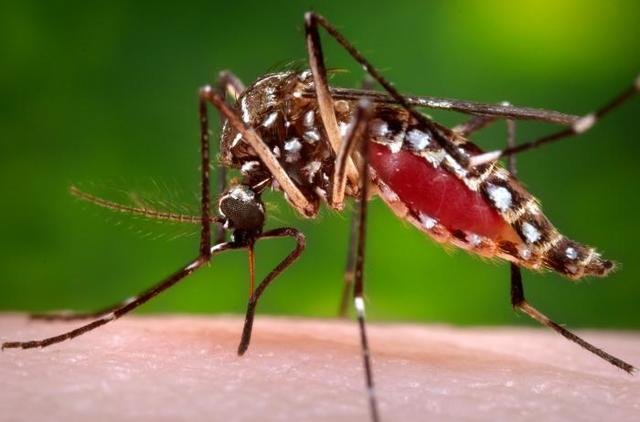
a Female Anopheles mosquito, Image Credit
These mosquitoes are really well adapted to survive as a species. It makes sense that the Malaria parasite uses mosquitoes as it's vector. There are evidence of mosquitoes species living in the that lived in the era of the dinosaurs. The female mosquitoes can lay up to 300 eggs a time and does it about three times in their lifetime. It is really hard to control the population growth of the mosquitoes thus making it hard to control the amounts of bites humans get each year. But there is initiatives and procedures to help prevent and reduce the number of mosquito bites.
Initiatives to help battle Malaria.
The first thing one can do to prevent getting infected with Malaria is to drink medication. There are medication that was designed to help stop the Malaria parasite to finish it's life cycle in your body. There is one big problem with this medication, it is expensive and the most countries that need these medication can not afford it due to bad economical circumstances. This is clearly not the most effective way to fight the war with malaria.
The other initiatives that we have developed are mosquito nets to keep them away and a series of skin ointments and sprays to repel the Mosquitoes and make your chances of being bitten really smaller. This is effective but does not prevent getting bitten 100%. But is there a way of stopping Malaria completely?
Welcome to the Genetic Modification
A good way to beat the parasite is to stop its means of transportation. That is why we need we have nets and mosquito repellent. But is there a different approach to change the Malaria's biggest ally to one of it's worst enemy. We have the technology and knowledge available to genetically alter and modify the Anopheles Mosquito to kill the Malaria parasite inside it's body. But how would we do this?
introducing CRISPR
CRISPR is a prokaryotic immune system, that protects the prokaryotic life form from foreign genetic material. How it does this is by accurately scanning all the genetic material in the cell and then cut out foreign materials that it can identify it. This is helpful when viruses attacks a cell, because viruses attach themselves on the cells and inject their DNA into the cell and genetically alter the cell to become virus factories and create more viruses until it bursts open and spread. The CRISPR system finds and remove those strings of DNA that the virus injected and prevents this tragedy from happening. It also keeps record of these virus DNA as a reminder to instantly take out it's DNA for possible future attacks.
This CRISPR system is being used today to scan and alter genetic material. This revolutionized the way we genetically modify living organisms. It made it easier, faster and a lot cheaper! We used CRISPR to alter animals like frogs to give them genes that made them see through skin and goldfish to make them glow in the dark! With CRISPR scientists actually managed to genetically modify the Anopheles Mosquito by adding a new string of genes that make antibodies that kill the Malaria parasite in there body. They also made sure that it was a dominant gene so that if these mosquitoes reproduce that these genes stay in the gene pool.
The mosquitoes gain and lose nothing from this but we can save thousands of human lives and win the war between Malaria. But why have we not released these mosquitoes in the wild yet? Well the simple answer is… we are scared. We only have one shot at this, there is no return once these mosquitoes are out in the wild. We are scared that there will be undesired side effects that we can not dream of. We are taking our time and learning and planning more instead of rushing it off.
There is also ethical problems that we need to face. A Lot of people feel uncomfortable when it comes to the idea of altering genetic material of animals. But the truth is… we have done it for years. With selective breeding to change wolves into dogs, planting and fertilising the best plants for crops. We saw the best genes in plants and animals for our goals then made sure that they stay in the gene pool. The rest undesired genes well we just eliminated them. We just became better in the gene manipulation with years of research. Now we can quickly and easily select and add or remove unwanted genes.
What do you think? Would you release genetically modified mosquitoes in the wild? Should we genetically modify animals?let me know in the comments below! Upvote and follow me if you liked what you read!
As always
Thanks for reading!
Note: Once again, I am sorry for not posting as frequently as in the past. This month was a rough month but will try to post once a week! please bear with me and follow me if you liked what you reed!
Some good Reads
Genetically Modified Anopheles Mosquito
If You Like what you read go and follow me Here
Once again comment, upvote and subscribe!
Thanks for reading!

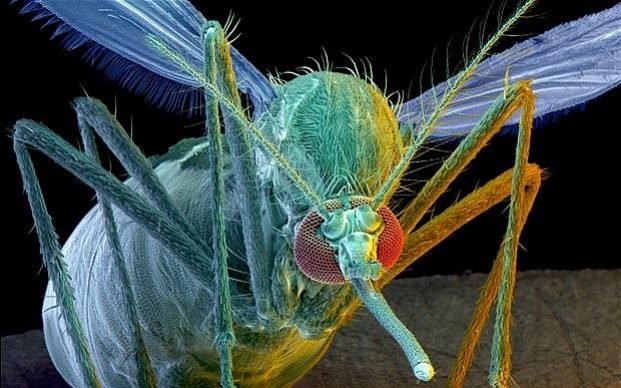

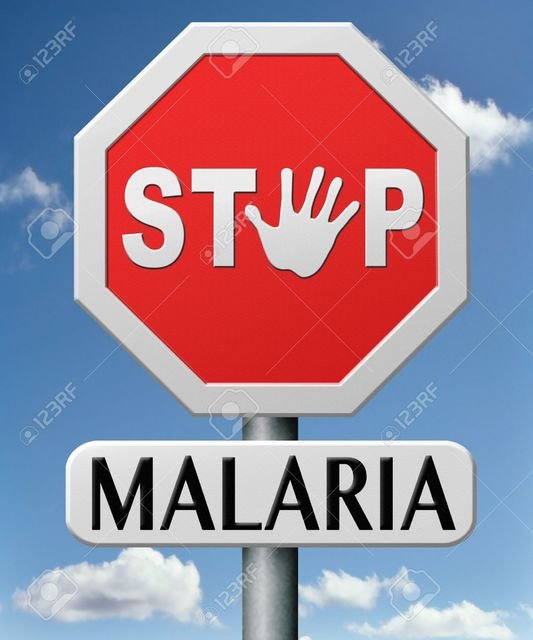
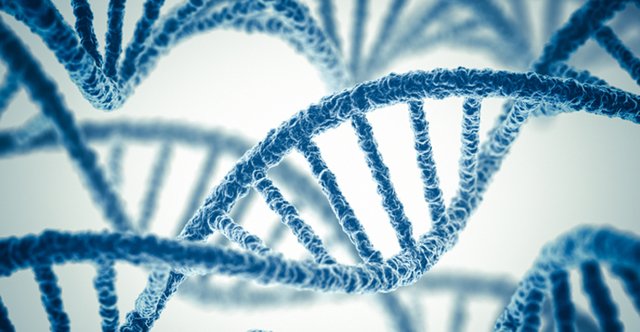
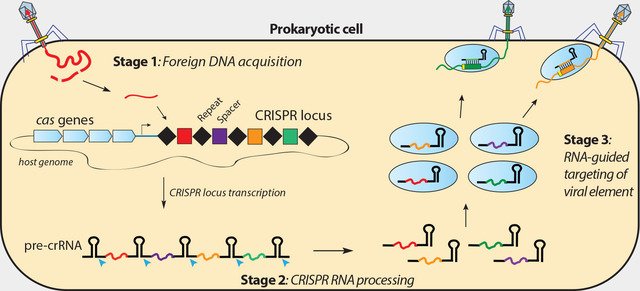

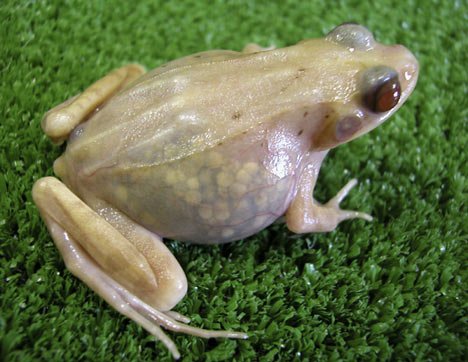
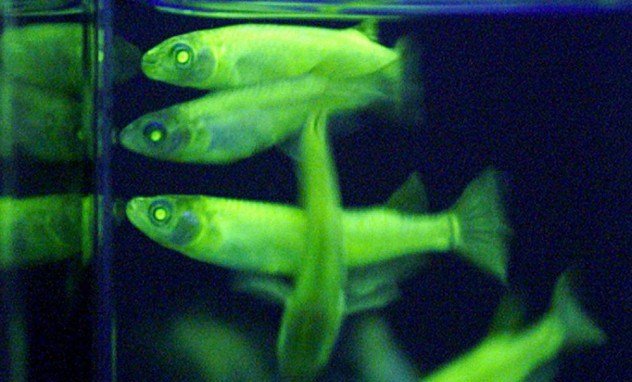
Malaria was almost wiped out. It was on the verge of extinction and along come Rachel Carson's 'Since Silent Spring"
To make a long story short. They banned DDT. Now we have malaria again.
The folks that banned DDT put a greater value on birds than they do on people.
Yes I have read about it. We must always find a way that does not completely wipe out spectator species. I have to say I agree with the ban. I would have had a bigger, more negative ripple in the ecological system. Luckily new alternatives are found and we could possibly take out the Parasite with minimum destruction to the natural environment. Besides the majority African countries did not ban the use of DDT in agriculture and Malaria control. One of these natural side effects that occurred due to this decision are mosquitoes that are DDT resistant.
Revisionist history....Much?
http://www.discoverthenetworks.org/viewSubCategory.asp?id=1259
The 'environmentalists' are responsible for killing more people than Hitler. Own it.
Why can't we value both and find methods that don't harm animals?
Go for it. Find a method to do so. Until then if it's a choice...who you gonna choose?
We are going to be able to tackle the malaria issue by introducing reproductive dead-end mosquitos into circulation.